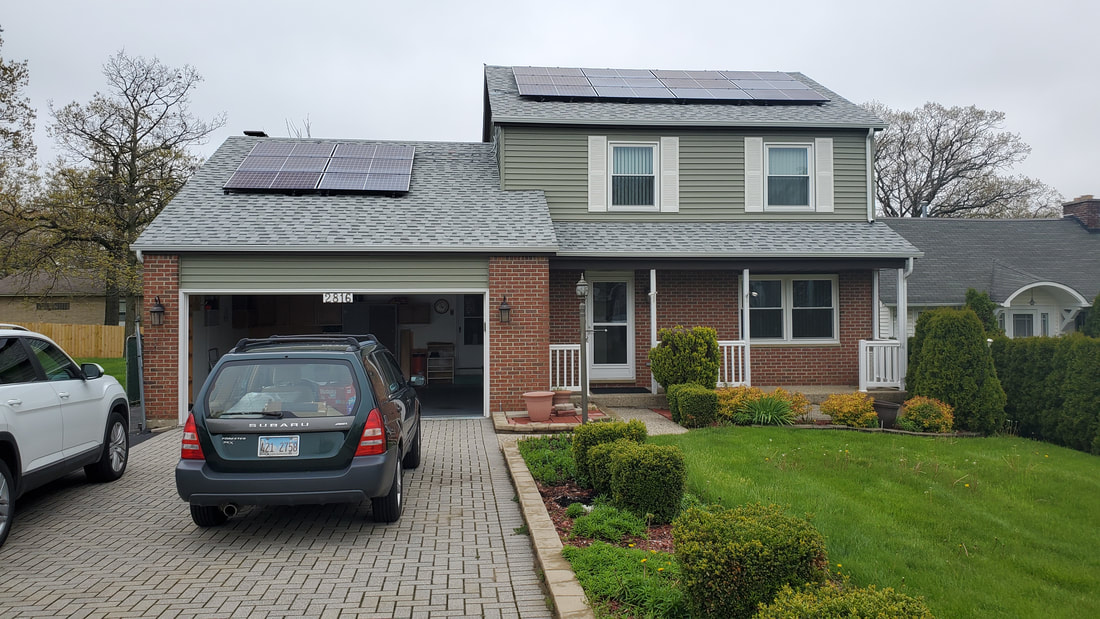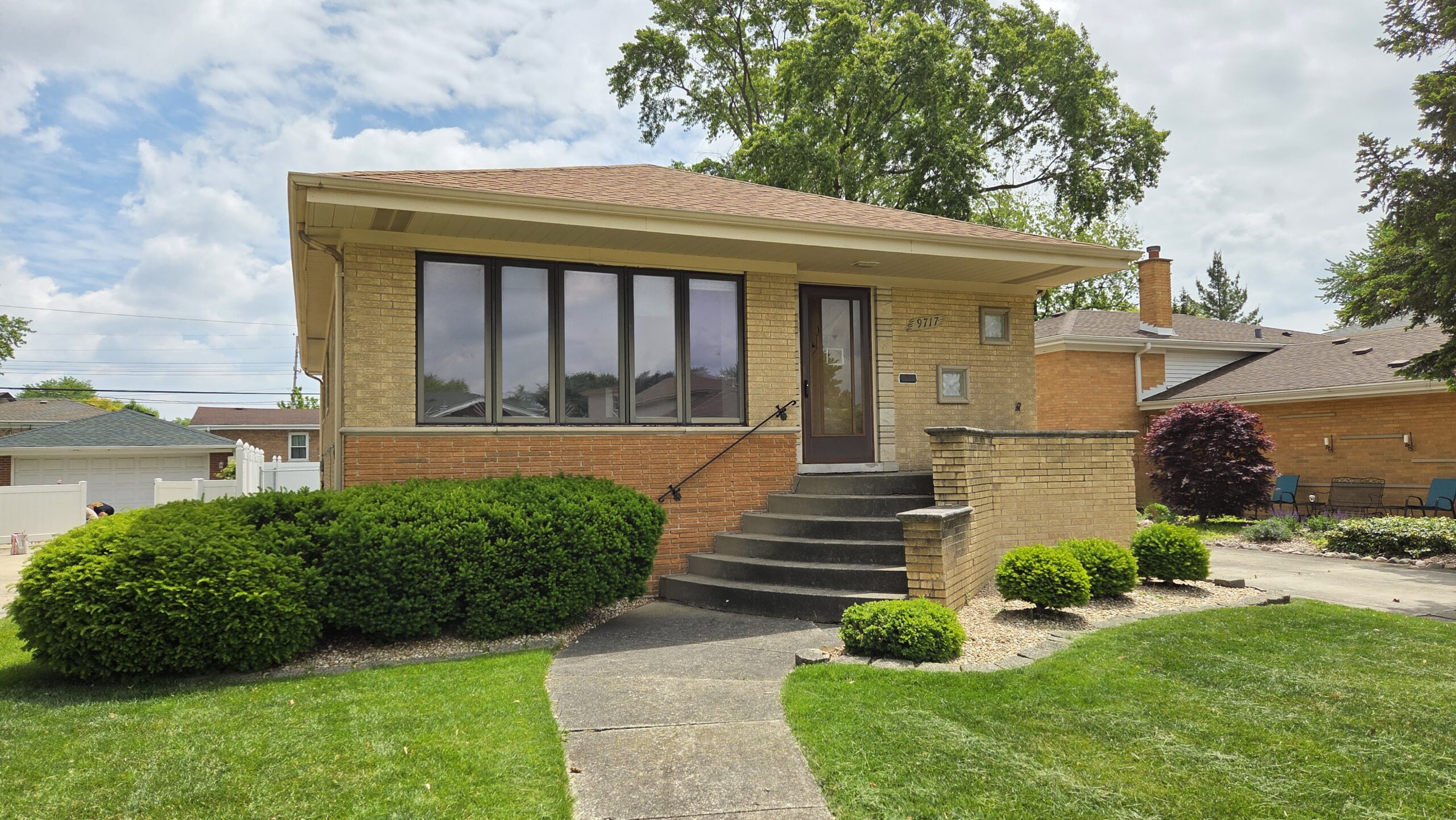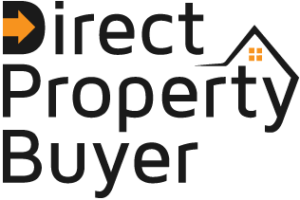
🏠 Introduction
If you’ve ever considered selling your home quickly, you’ve probably seen or heard ads from a real estate investor offering to buy houses fast, with cash, and in any condition. These promises sound attractive—especially for homeowners in a hurry or with properties needing work. But how do you know if the real estate investor you’re working with is serious about buying your home… or just trying to flip your contract for a profit?
Here’s how to separate the legitimate real estate investors from the red flags—and why asking the right questions matters.
1. Understand What a Real Estate Investor Can Offer
Working with a real estate investor can simplify your home-selling process. Most investors:
Pay in cash or use private financing
Skip inspections and appraisals
Close in as little as 7–14 days
Buy homes in “as-is” condition, no repairs or cleaning needed
This can be an ideal option if you’re facing foreclosure, relocating quickly, dealing with an inherited property, or just want a stress-free sale.
2. Ask: “Are You the Actual Buyer or Just a Middleman?”
This is the most important question to ask. Some people claiming to be real estate investors are actually “wholesalers.” These individuals:
Get your property under contract
Then try to assign (sell) that contract to another buyer for a higher price
Never intend to actually purchase your house themselves
This often leads to:
Delays in closing
Frustration for the seller
Canceled deals if they can’t find another buyer in time
If the person can’t confidently say they are the one closing the deal, that’s a red flag.
3. Look for Transparency from the Real Estate Investor
A trustworthy real estate investor will:
Explain their process clearly
Show proof of funds if needed
Be honest about the timeline and any contingencies
Put everything in writing
If you sense vague answers or pressure tactics, take that as a sign to dig deeper, or walk away.
4. Treat This Like Hiring a Professional, Interview Multiple Real Estate Investors
Just like you’d meet with several Realtors before listing your home, it’s wise to talk to more than one real estate investor. Compare:
Their offer price
Their ability to close
Their communication style
It’s not just about price, it’s about confidence that they’ll follow through.
5. Trust Your Gut When Talking to a Real Estate Investor
This might sound simple, but it’s often the most accurate tool you have. If a real estate investor makes you feel uneasy, listen to that instinct. Someone who truly wants to buy your home should:
Be respectful of your time and situation
Listen to your needs
Not pressure you into a decision
If something feels off, move on.
6. Check the Real Estate Investor’s Track Record
Ask for:
Past transactions or references
Online reviews
A website or business presence
Established real estate investors are proud of their reputation and can point to satisfied sellers they’ve helped before. Avoid anyone who won’t provide credibility.
7. Understand the Contract Before You Sign
Before accepting any offer, have someone you trust (like an attorney) review the agreement. A good real estate investor will not rush or discourage this. Make sure the contract:
Clearly names the buyer (not just “and/or assigns”)
Has a defined closing date
Doesn’t include suspicious contingencies
Final Thoughts: Be Smart, Be Safe
Selling your house to a real estate investor can be the easiest, fastest way to get cash in hand and move on with your life, but only if you choose the right one. Ask questions, trust your gut, and work with someone who treats you with professionalism and respect.
continue reading
Related Posts
How Cash Home Buyers Calculate Offers Why This Question Matters
The industry includes both ethical operators and bad actors. The safest approach is not to avoid the option entirely—but to understand it fully...
Selling a house for cash is one option among many. For some sellers, it solves real problems. For others, it doesn’t make financial sense. The best decision comes from understanding...







